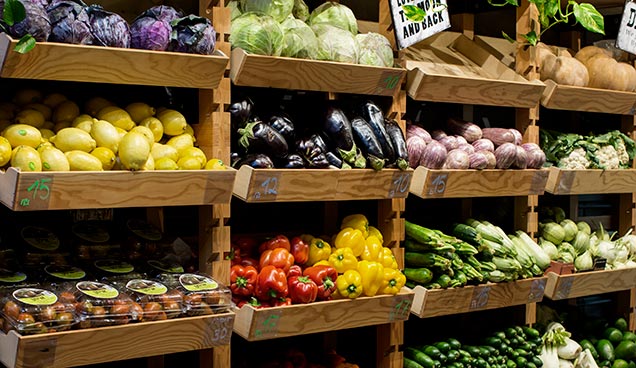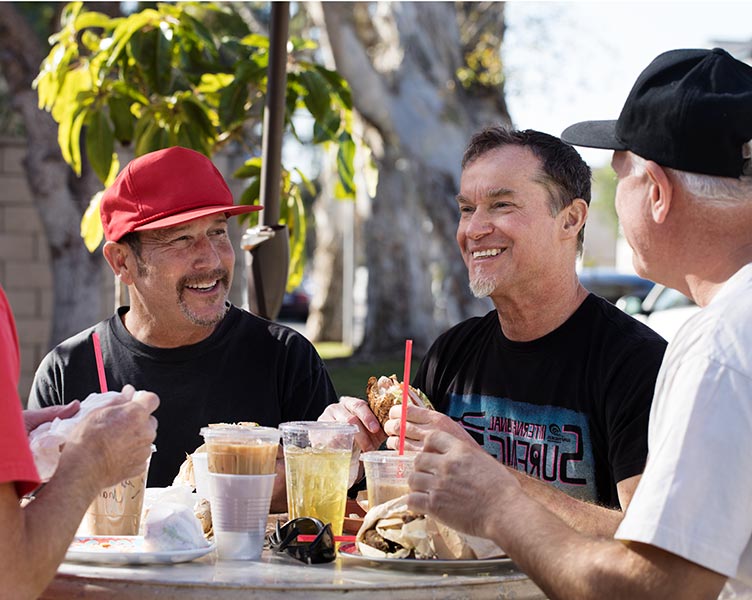When you eat, the food travels down a long, narrow tube (oesophagus) into your stomach. Here, the food is churned into smaller pieces and your digestive juices turn it into liquid.
The journey continues as the contents of your stomach move into the small intestine (ileum), where digestion finishes. Your body absorbs the nutrients it needs for energy, growth and building new cells and channels these into the bloodstream.
When all nutrition has been absorbed, the remains move into the large intestine (colon), where your body absorbs more fluid to make the waste more solid. The muscles in your colon wall then push any waste forward into your rectum, where it passes out of your body through your anus, with the aid of the sphincter muscles, as stool.

How will a colostomy or an ileostomy affect the digestive system?
When a colostomy or an ileostomy is formed it alters the usual way you go to the toilet to pass faeces. Instead of coming out through your anus, your faeces will pass through the new opening in your abdomen. This is known as an ostomy or stoma. The passing of faeces is usually controlled by a special sphincter muscle in the anus.
However, the main difference for you when you have an ostomy, is that you are no longer able to hold on to or have control over, when you need to pass faeces. You also do not have any control over when you pass wind (flatus).

Urostomy and how it affects the urinary system
Urine is made by your kidneys and travels down two tubes (the ureters) to your bladder. Urine is produced all the time, but it is stored in your bladder until you get a sense that you need to urinate. The urine then passes out of your body through the urethra.
When a urostomy is made, it alters the usual way you pass urine. A passage is made for urine to pass from your kidneys to the outside of your abdomen, ending in a small spout. This is called a stoma. Instead of coming out through your urethra, your urine will pass through the stoma.
This means that you will no longer pass urine in the usual way. Instead you will need to wear a pouch to collect the urine that will constantly drain from your stoma.



